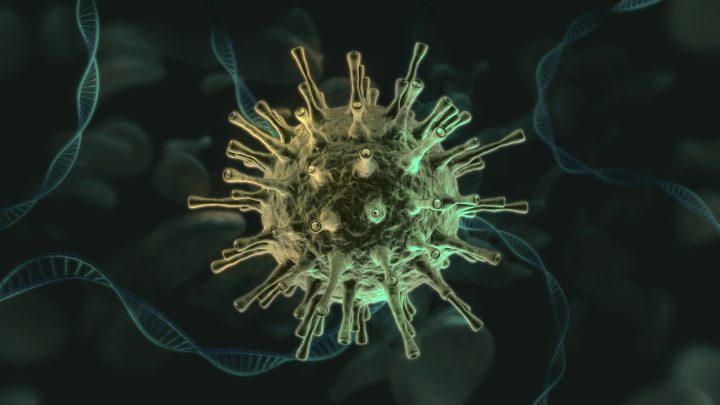The Saskatchewan Public Safety Agency (SPSA) says retired police officers will be brought in to help with enforcing public health orders in the fourth wave of the COVID-19 pandemic.

According to SPSA president Marlo Pritchard, during the last wave, many community leaders reached out for help because of community members who were refusing to follow these orders and putting their fellow residents at an increased risk of exposure.
“We are contracting retired police officers based on their skills that they bring to the table, such as investigation, report writing, and this will reduce the need for any specialized training of bringing individuals on,” he said.
“We are … taking action to help take the pressure off our front-line police services in the province as well as enhancing the capacity of the public health inspectors through the COVID enforcement team.”
During a COVID-19 briefing on Wednesday, Pritchard added the secure isolation site is being re-established.
“The site is specifically for those individuals who willfully fail to comply with isolation orders to prevent the spread of COVID-19 while contagious,” he said.
“The previous site closed as of July 11, 2021, when the public health orders ended. This site is being reintroduced to prevent the spread of COVID-19 in the community.”
- ‘Shock and disbelief’ after Manitoba school trustee’s Indigenous comments
- Canadian man dies during Texas Ironman event. His widow wants answers as to why
- Several baby products have been recalled by Health Canada. Here’s the list
- ‘Sciatica was gone’: hospital performs robot-assisted spinal surgery in Canadian first
On Oct. 7, the Saskatchewan government announced the provincial command was being activated through the SPSA’s provincial emergency operations centre (PEOC) to lead the emergency management response to COVID-19. The current provincial emergency order was declared on Sept. 13.
Saskatchewan’s chief medical health officer, Dr. Saqib Shahab, continued to stress the importance of bringing up vaccination rates in the province during the briefing.
“If you’re unvaccinated, you have to quarantine for two weeks as a close contact and that should happen irrespective of test results,” Shahab said.
“If you have been named as a close contact — if you are fully vaccinated — you only need to observe yourself. You can continue with your daily activities but self-monitor your symptoms.
“Certain settings, high-risk settings, like health care may require you to be tested at frequent intervals, proving an outbreak or as close contacts. But for other settings, fully vaccinated don’t have to isolate and can self-monitor.”
On Wednesday, the government’s dashboard showed 337 COVID-19 patients in hospital, 4,423 active cases and the overall death toll rose by 11 to 764. Saskatchewan’s seven-day average of new daily infections is 465.




Comments